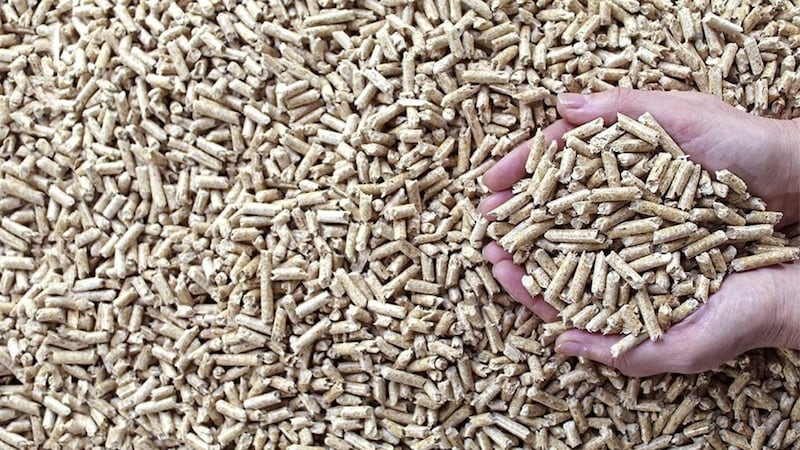A surprise downturn in UK inflation has been described as a temporary blip by some economists.
New figures from the Office for National Statistics showed the rate of Consumer Prices Index (CPI) inflation slowed to 2.5% in December, from 2.6% in November.
Furthermore, services inflation - a metric closely watched by the Bank of England - dropped more sharply to 4.4%, from 5% in November.
Most analysts had been expecting CPI inflation to stay the same or edge higher.
Yields on government bonds, also known as gilts, eased on Wednesday morning having risen to decades-high levels in the past week.
The 30-year gilt yield dropped about seven basis points to lows of 5.35%, and the 10-year gilt yield was also down about eight basis points to 4.8%.
The pound was also edging higher against the US dollar, having tumbled to 14-month lows in recent days.
But the reprieve will likely be temporary, said Rob Wood, chief economist at Pantheon Macroeconomics.
He said the fall in the inflation rate was partly the result of the ONS measuring airfares on December 10, well before the school holidays.
He said inflation will “rebound” when January’s figures are published.
The National Institute of Economic and Social Research (NIESR) agreed, forecasting inflation will increase to around 3% at the start of 2025.
That analysis is supported by research published by the Northern Ireland Chamber and the Northern Ireland Retail Consortium (NIRC) on Wednesday, which found businesses in the north are under intense pressure to increase prices on the back of the Autumn budget.
Some nine-in-ten businesses in the north said they are under pressure to hike prices, with most blaming the increase in employers’ national insurance contributions, the latest NI Chamber survey found.
The NIRC said it will cost retailers in the north around £106m per year, with direct consequences for the prices charged to customers.
But the increase in wages is expected to contribute to a 1.7% growth in the Northern Ireland economy in 2025, according to new analysis from the Dublin’s Economic and Social Research Institute (ESRI) and NIESR, which was published separately on Wednesday.
Economists at the Irish and UK think tanks have developed new modelling to help understand the north’s economy better.
Their long-term forecast anticipates that growth in the Northern Ireland economy will slow over the decade, averaging at around 1.2% between 2023 and 2029.








